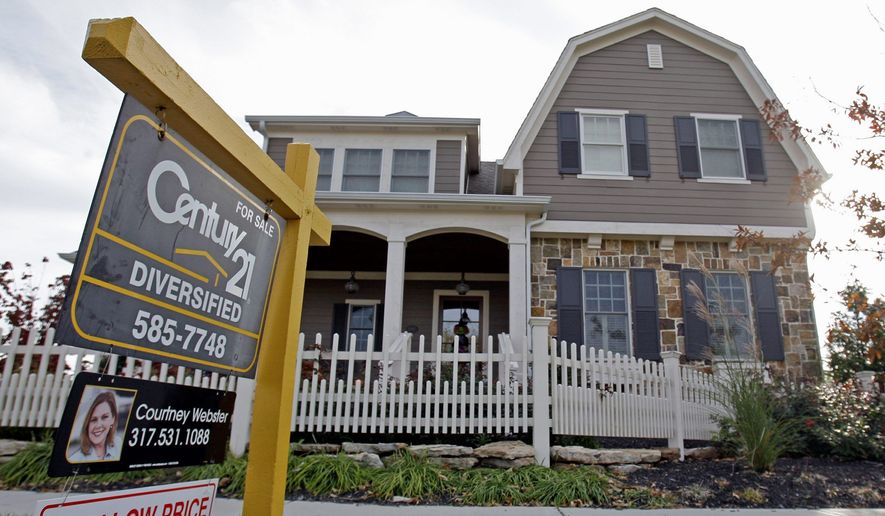While demanding an end to many tax breaks, Republican presidential candidates have been reluctant to do much about the biggest one of all: the mortgage interest deduction, which saps tens of billions of dollars from the federal Treasury every year.
Former Sen. Rick Santorum of Pennsylvania entered the debate Monday by rolling out a proposal that calls for a 20 percent flat tax on individual and business income and wipes away every tax deduction except for those that apply to charitable giving and the interest paid on home mortgage payments.
He wants to impose a $25,000 cap on the mortgage interest deduction.
Some of his competitors say the mortgage interest deduction should be maintained completely. Republican front-runner Donald Trump, who in releasing his tax plan late last month, said the mortgage interest deduction is critical to the health of the economy.
“You know, a lot of people were worried about real estate. Try taking the mortgage interest deduction out, you’ll see what’s going to happen to real estate. You want to see a crash? Try that one,” he said at a rally in New Hampshire.
Under current law, taxpayers can claim the deduction on interest paid up to $1 million of mortgage interest on a first or second home, as well as on interest paid on up to $100,000 of home equity debt.
So taxpayers with $20,000 a year in mortgage interest on their homes can deduct that from their taxable income.
It’s a huge boost for taxpayers and the real estate market, but it saps the federal government of tax money it would otherwise collect — to the tune of about $75 billion in 2015, Congress’ Joint Committee on Taxation estimated.
That would be enough money to cancel almost all of the “sequester” budget cuts or increase the federal road-building fund.
Republicans are reluctant to raise more revenue for spending, but those who have released overhaul plans have called for canceling many of the special breaks and using the money to lower the income tax rates.
Known on Capitol Hill as “tax expenditures,” the breaks range from excluding military disability benefits from income to energy-efficient equipment purchases to college expenses. The Treasury Department lists more than 150 line items that can be claimed.
Businesses’ deductions for employees’ health care costs are the biggest, at more than $200 billion a year.
The charitable giving deduction is also popular, at a cost nearly $50 billion a year.
The Republican field splits on exactly how to handle the mortgage interest deduction.
Mr. Trump and Sen. Rand Paul leave it untouched, while former Florida Gov. Jeb Bush caps the value at 2 percent of adjusted gross income. Louisiana Gov. Bobby Jindal caps the deduction at $550,000 of interest payments, while Sen. Marco Rubio imposes a cap at $300,000 of payments.
While some say the deduction encourages homeownership, others question the claim and the Congressional Research Service released an analysis last year that found “most of the total dollar amount of mortgage interest claims is done by middle- and upper-income households.”
President Obama’s National Commission on Fiscal and Responsibility and Reform recommend that the mortgage deduction be converted into a 12 percent credit and capped at $500,000 of mortgage interest.
The commission also called for elimination of the deduction for second homes and equity.
That proposal is collecting dust on Capitol Hill.
• Seth McLaughlin can be reached at smclaughlin@washingtontimes.com.




Please read our comment policy before commenting.